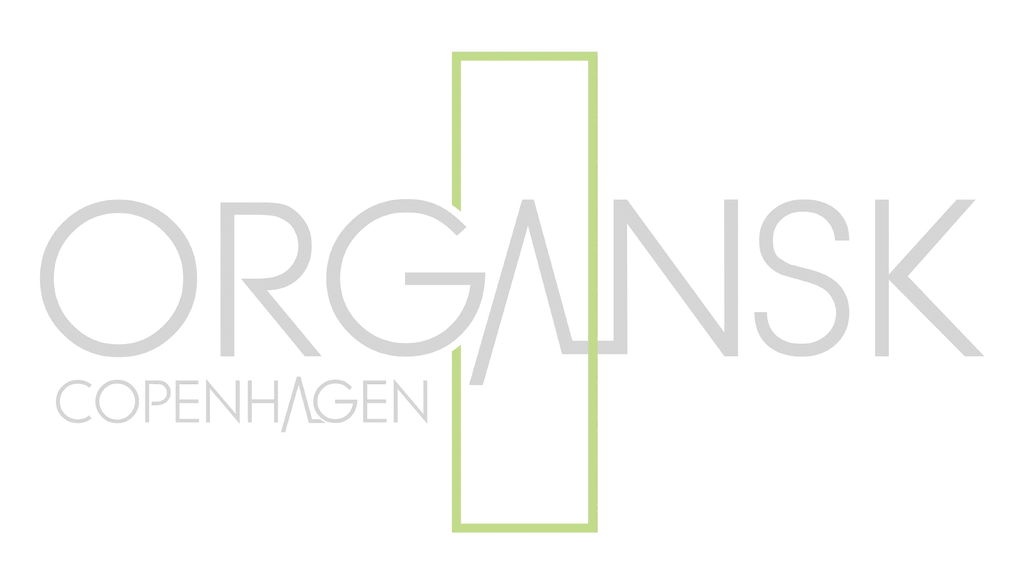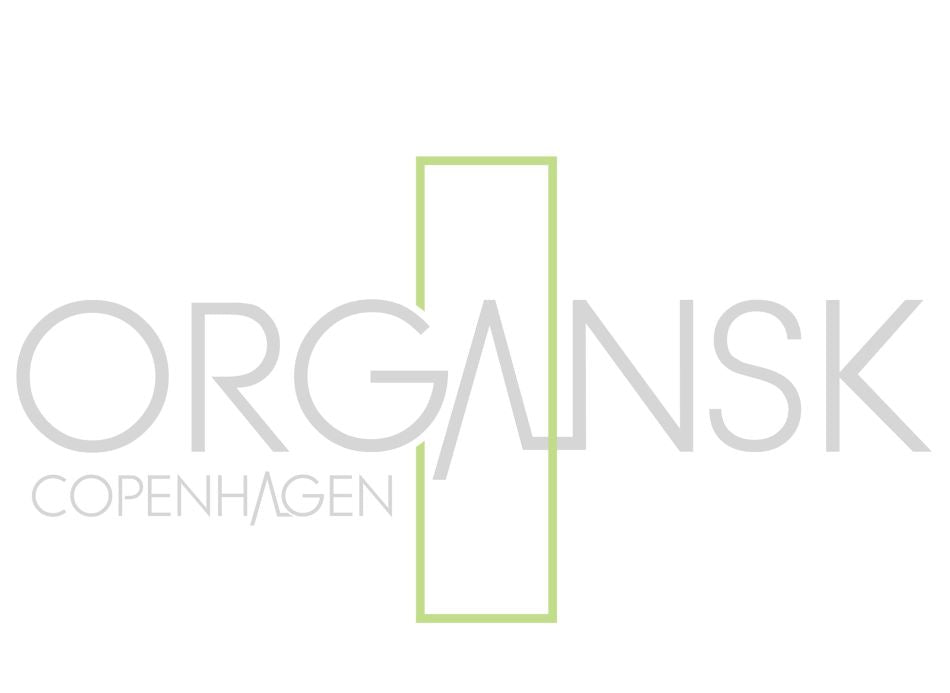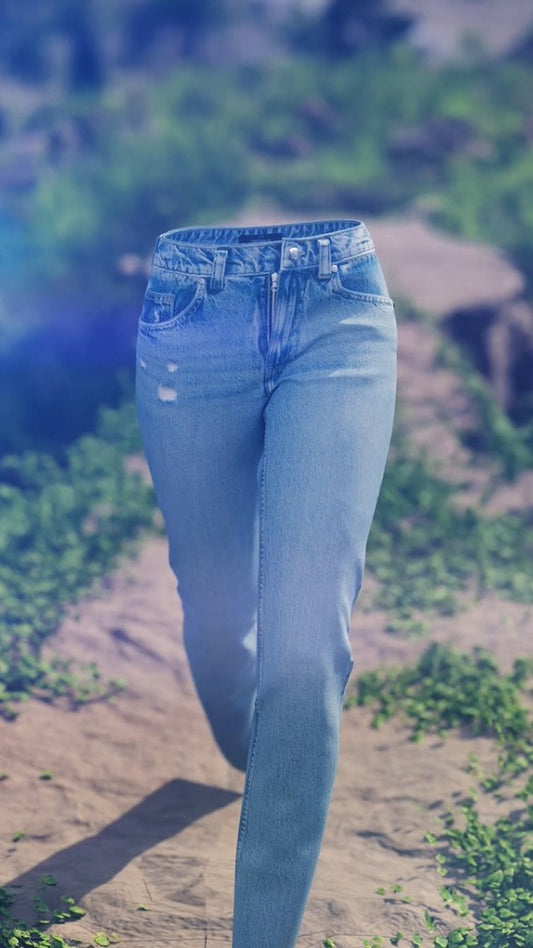NON-TOXIC FASHION
ORGANIC DENIM, LOUNGEWEAR & BASICS
Q&A with organsk®
- Inspiration Behind Organsk: Could you share the key motivations and experiences that led to the inception of organsk®? What specific moments or realizations inspired you to embark on this journey of creating a more sustainable denim brand?
The concept of organsk® originated from “our love for jeans.” We have a deep appreciation for well-fitting denim. Acknowledging the distinctiveness of each individual, our objective was to fashion jeans that enhance every body shape, prioritizing top-tier quality, unmatched comfort, and style. Here at organsk®, we present a contemporary interpretation of timeless jeans silhouettes.
From the onset, our commitment to quality was unwavering, and we were adamant about using only sustainably sourced materials. During our exploration and collaboration with various factories using exclusively organic materials, we became acutely aware of the environmental impact of traditional jeans production. While it's possible to make jeans using the best organic or recycled materials, the associated processes often consume copious amounts of water, mixed with chemicals that are then discarded into water bodies, adversely affecting the flora and fauna. Additionally, these chemicals pose health risks to workers, leading to respiratory and skin ailments.
After two years of dedicated efforts, we successfully partnered with factories equipped with technologies that minimize water and chemical usage to almost negligible levels. Remarkably, these technologies have been available, but due to cost considerations, many brands have not embraced them.
This is the genesis of organsk® – certified from the inception of a single fiber to the final product.
We don't just sell jeans; we offer a more sustainable lifestyle for everyone involved, from production to the end consumer. By collaborating with factories adhering to International Labour Organization (ILO) standards, we ensure sustainability not only in the environment but also in society at large.
- Eco-certifications: You have chosen to be validated by some of the strictest environmental agencies from seed to the final product in hand. Can you elaborate more on this?
The fashion industry is a highly globalized industry, involving billions of consumers and millions of producers across the world. The textiles system has a variety of social, environmental, and climate pressures and impacts, including resource use, climate change, land use, and pollutants. It is a resource-intensive product and the supply chain for a pair of standard jeans is long, global, and not very transparent.
This is where 3’rd party environmental bodies and certifications come in hand, as they validate the supply chain and every process therein.
As part of our commitment to help people live more sustainably, we put complete emphasis on circular economy combined with transparency and recognized external certifications. We are a vegan brand, offering jeans that are accredited by some of the world's toughest and most recognized environmental & social certifications. These eco-labels validate our circular concept, ensuring that we meet ambitious environmental and social requirements.
We ensure reduced impact in regard to energy, water, chemical use, raw material extraction, textile processing, garment manufacturing and waste. The 3’rd party accreditation bodies are our guarantee that the entire process, from the fields to cotton gin, textile mills and product in hand, lives up to the ethical guidelines we associate with ‘a more sustainable lifestyle’.
- Origins of Subscription Model/Circular Design: Could you elaborate on the creative process and the key inspiration behind Organsk's unique subscription model and circular design philosophy? How do these align with your vision for sustainable fashion?
The introduction of the subscription model is driven by a crucial aim: the desire to eliminate overconsumption of clothing. We want to foster a circular mindset in our consumers.
Today, 3 out of 5 garments produced end up in landfills or get incinerated every year. Moreover, consumers wear clothes for half as long, as they did 20 years ago. Nevertheless, the number of clothing produced annually has doubled since the year 2000, exceeding 100 billion for the first time in 2014.
Through the subscription model, we provide like-minded customers with an opportunity to return used organsk® jeans for upcycling, rather than discarding them. This approach aligns with our goal to reduce environmental impact. Furthermore, the subscription offers flexibility for customers who may need a different size or wish to try a new style due to changes in their bodies or evolving fashion trends.
- Industry Insights and Broader Impact: From your experience with Organsk's sustainable and ethical practices, what insights can you offer to the broader fashion industry? Do you think Organsk's model could serve as an inspiration for industry-wide change towards greater sustainability and ethical responsibility?
Lately, there has been a notable transformation in the fashion industry. For instance, there's a growing trend of considering vintage purchases as "cool," and consumers are increasingly conscious of the implications of fast fashion.
On the other hand, despite companies adopting improved materials, we believe there's a lack of transparency, often compounded by greenwashing—using the term "sustainable" merely as a marketing strategy.
Our conviction is that organsk® can emerge as a brand that advocates for transparency and sustainability in all stages in its true sense. Because, at organsk®, we firmly believe that our customers deserve to have a clear understanding of what they are investing in.



